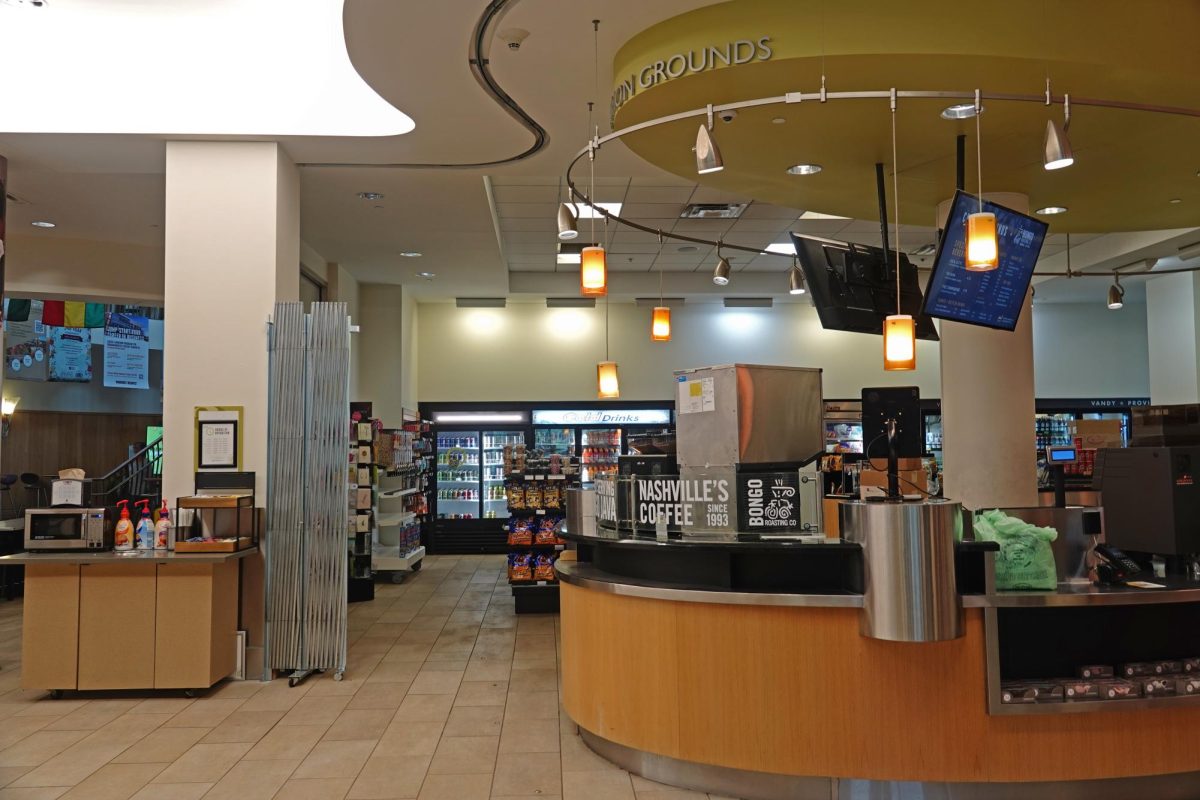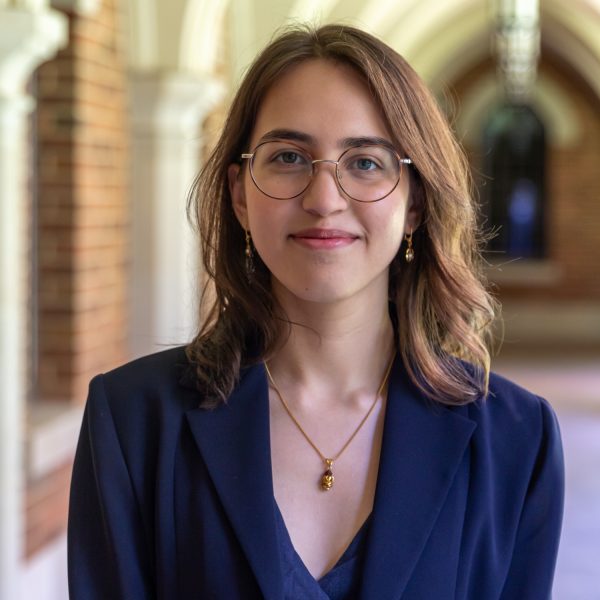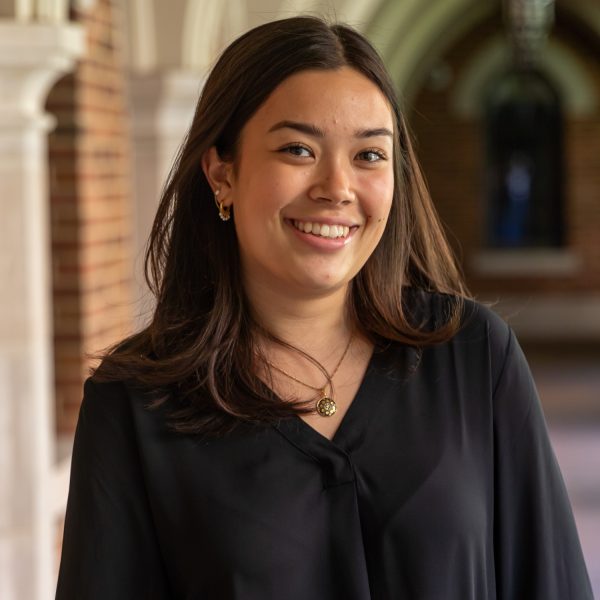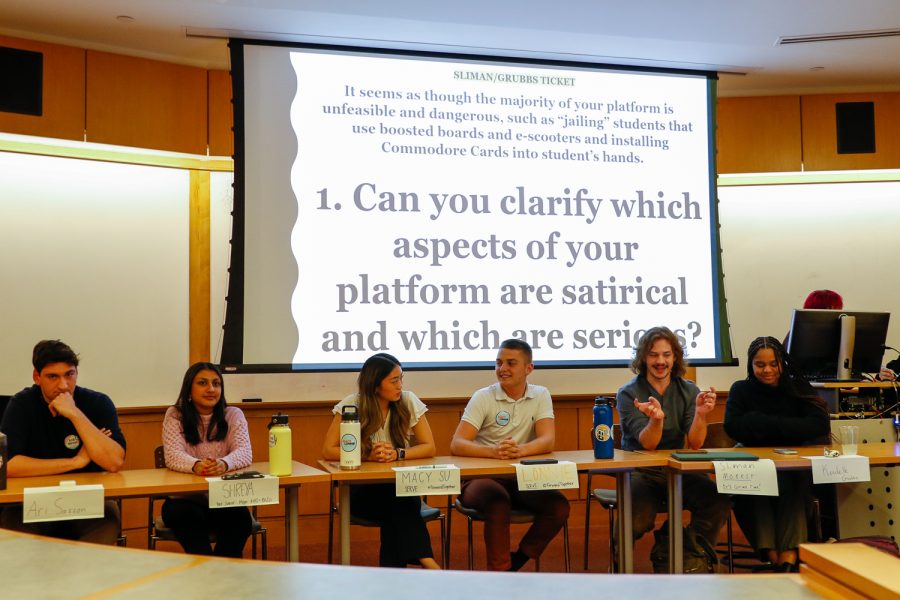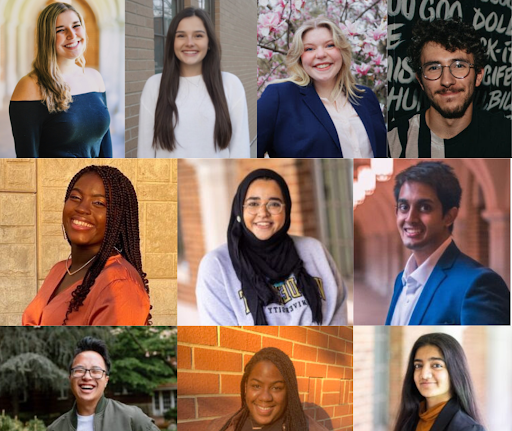After deciding to attempt a Munchie Mart food donation drive in late November, Vanderbilt Student Government’s Campus Services Committee combined efforts with Vanderbilt United Against Inequities in Disease and Vanderbilt Friends of MSF’s existing drive. With support from Campus Dining, the organizations set up donation boxes outside every Munchie Mart location and collected and delivered 2,600 pounds of food at the conclusion of the fall semester.
After receiving “the green light” from Campus Dining, the Campus Services Committee brought boxes from Second Harvest food bank in Nashville, the recipient of the donations. Senior and Campus Services Committee Chair Caleb Boyer noted that while the idea of hosting a food drive was not novel, the committee was excited to co-host this semester’s drive. To donate, students used their meal swipes at Munchie Marts to purchase non-perishable food items and then dropped them into bins located at the entrances of the Munchie Marts.
“We ultimately decided it would be more efficient to work with the other clubs to transport food to Second Harvest,” senior and Campus Services committee member Noah Kelley said. “Otherwise, all three organizations would have to check on boxes and deliver food from every Munchie Mart location.”
Boyer added that the purpose of the drive was to make better use of potentially unused meal swipes.
“We’re in favor of any opportunity that will make use of meal swipes that would be otherwise wasted, and we figured that students would be excited about the idea as well,” Boyer said.
The organizations said they were pleased with the drive’s outcome. Commons Munchie Mart had the most donations, amounting to 750 pounds of food. Boyer’s theory behind the uptick of donations at Commons Munchie Mart was a combination of that particular location’s proximity to first-year dorms and the fact that the first-year meal plan includes more meal swipes than upperclassmen plans.
“The student body showed up and showed out, though, and we are incredibly thankful for that,” Kelley said.
Senior and Friends of MSF Community Service Co-Chair Alexa Betjemann shared that Second Harvest provided the organizations with information about which items were most needed and facilitated the donation process.
“The mission of Friends of MSF is “Think Globally, Act Locally,” therefore the end-of-the-year food drive was a great way to support the Nashville community,” Betjemann said. “The amount donated this year was exponentially higher [than past years]!”
Senior and Vanderbilt United Against Inequities in Disease President Heera Kodiyamplakkal said that this “collective effort” succeeded due to the “generosity of the student body.” Sophomore and UAID Co-Vice President Laasya Challa added that addressing food insecurity in Nashville is an “annual tradition” for her organization.
Students expressed varying thoughts on the effectiveness of the donation drive. First-year Albert Wang called the donation boxes “well-designed” and conveniently located. Jacob Arnold, another first-year, said that he felt the donation drive, while successful, was limited by Campus Dining policies.
“The newly implemented daily limit on the number of meal swipes able to be used at Munchie Marts greatly limited the amount of food the student body was able to donate,” Arnold said. “If the University lifts this daily limit, we would likely see greater amounts of food donated in future semesters.”
VSG is interested in continuing similar drives in future semesters. Given the participation from first-years, Kelley noted they are interested in working with the Dean of Commons to incorporate the drive into the service portion of the Commons Cup. Boyer added that Campus Dining was extremely supportive of the efforts and that VSG hopes to work with them more in the future.
Senior and VSG President Sam Sliman has also been involved with Swipes for a Cause, a student-run initiative with a similar mission to donate students’ additional meal swipes. SFAC was previously shut down by the Office of Student Accountability in 2020 before being reopened with new restrictions in 2021. Sliman explained that these restrictions limit SFAC to encouraging students to donate their Guest/Flex meal swipes through the GET app, rather than regular meal swipes. Originally, Sliman added, SFAC was launched because “traditional food drives” were not “historically effective” at the university.
“The fact that I was involved with both VSG and SFAC meant that we could connect the right people to make a collaboration happen [this semester],” Sliman said. “SFAC was able to direct people towards the VSG donation bins, and VSG was able to help SFAC do their tabling.”
Sliman noted that this semester’s food drive was the most successful in his four years at Vanderbilt, adding that the two initiatives “complement each other really well.”

